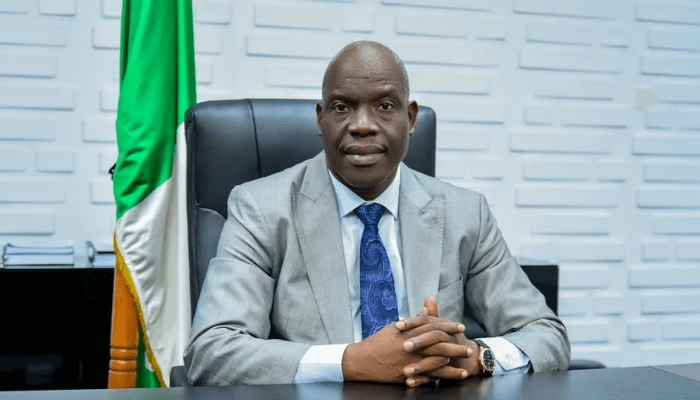Understanding the Swift and Severe Nature of Cancel Culture in Nigeria
In Nigeria, cancel culture operates with remarkable speed and little mercy. The tragic passing of Mohbad highlighted how public outrage can abruptly dismantle a person’s reputation and career. Yet, this raises a critical question: does this immediate backlash serve justice, or does it perpetuate a different form of harm?
The Impact of Instant Condemnation on Public Figures
The phenomenon of cancel culture in Nigeria often bypasses thorough investigation, favoring rapid judgment based on public sentiment. This approach can lead to irreversible damage before facts are fully established. Mohbad’s case exemplifies how quickly public opinion can turn, sometimes fueled by social media narratives rather than verified information.
Justice or Digital Vigilantism?
While cancel culture is often justified as a tool for accountability, it can blur the line between seeking justice and enacting digital vigilantism. The rush to condemn without due process risks punishing individuals unfairly and undermines the principles of fairness and truth. This dynamic calls for a more balanced approach that prioritizes investigation alongside public discourse.
Lessons from Naira Marley’s Experience
Naira Marley’s involvement in the discourse surrounding Mohbad’s death offers valuable insights into the complexities of cancel culture. His example demonstrates how public figures can become entangled in controversies that escalate rapidly, often without clear evidence. This situation underscores the need for patience and critical thinking before joining the chorus of condemnation.
Moving Forward: Advocating for Responsible Engagement
As cancel culture continues to shape Nigeria’s social landscape, it is essential for both the public and media to foster responsible engagement. Encouraging fact-checking, promoting empathy, and allowing space for due process can help mitigate the destructive consequences of premature judgment. In 2024, with social media usage in Nigeria surpassing 40 million active users, the power of collective voices is immense-making it all the more important to wield that power wisely.
Source: Premium Times Nigeria






















0 Comments